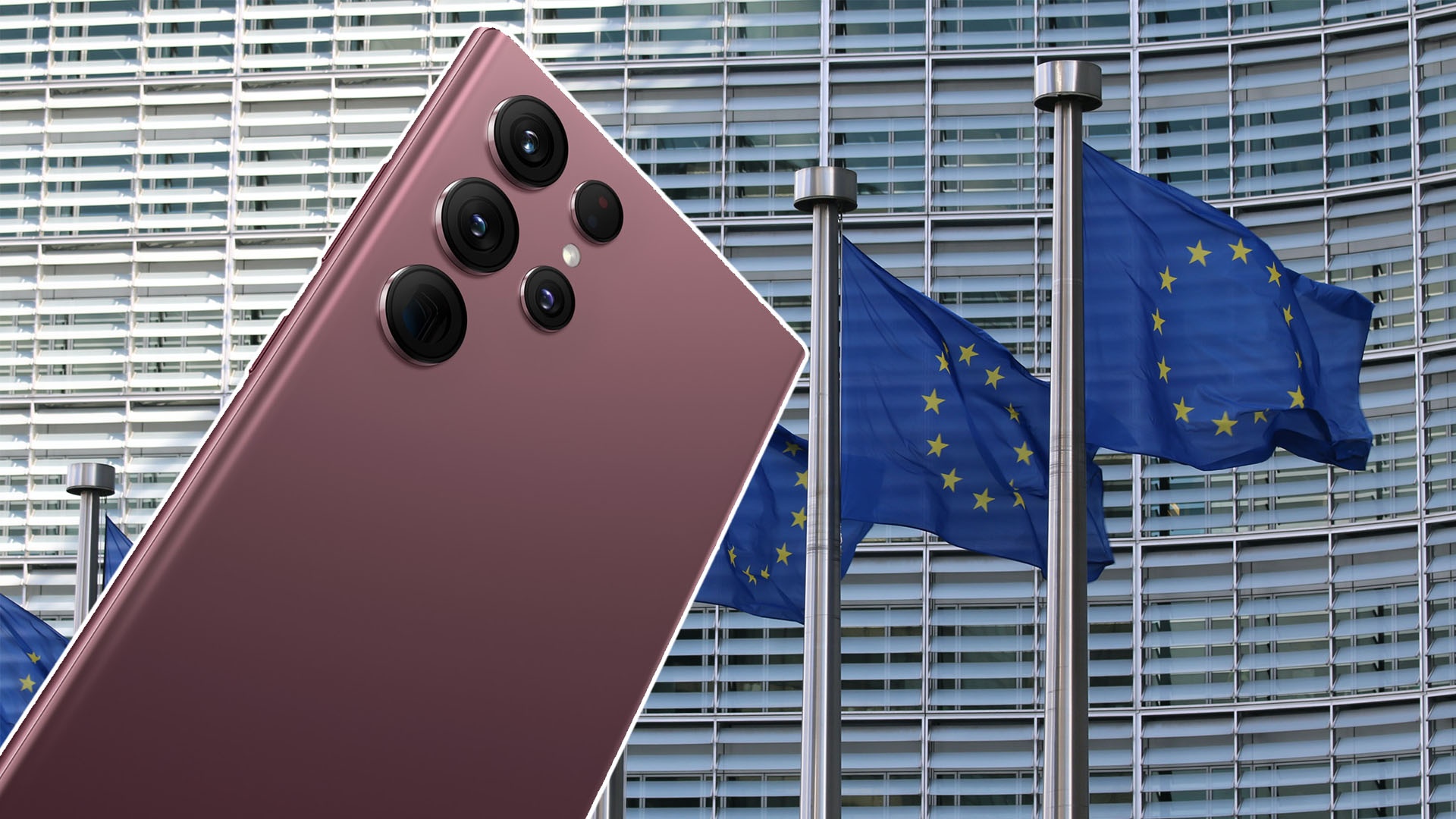Permanently installed batteries in smartphones and other electronic devices could soon be banned.
Permanently installed batteries in smartphones are now the norm. With older models, on the other hand, it was often possible to open the back of the smartphone and remove and replace the battery. At these times, the EU Parliament would like to return.
It recently decided that batteries in electronic devices must be interchangeable with standard tools by 2024. In addition to smartphones, this also includes laptops, electric toothbrushes, vacuum cleaners and means of transport such as e-bikes and electric scooters. That comes from one European Parliament press release
Speaking of smartphones: If you are looking for a new model, we recommend our suitable purchase advice, which you can find under the following link.
Smartphone leaderboard
The best cell phones from mid-range to high-end
Batteries should be replaceable and recycled
Replaceable batteries can increase the lifespan of electronic devices. The battery often loses power faster than other parts of the device. You can then simply replace it and continue to use the smartphone or e-scooter.
On the other hand, the batteries can be recycled more easily, which means that some of the materials from the used batteries are reused. Because another goal of the EU Parliament is to increase the recycling rate to 90 percent by 2026.
In addition, the manufacturers of the devices should ensure that there are always suitable replacement batteries for the expected service life of the devices. In addition, independent repair shops should be allowed to replace the batteries if you don’t trust yourself.
Manufacturers should disclose more information about the batteries
Manufacturers are also requesting more information on energy and power consumption as well as information on durability and service life. The aim is to inform the end customer what type of battery they are buying and motivate them to choose high-quality, long-lasting batteries. According to the EU Parliament, this reduces emissions during battery production.
But not only rechargeable batteries for consumers, but also those for industrial use should become more transparent. Producers of car batteries, transport batteries and industrial batteries should be obliged to prove the entire CO2 footprint over the battery production cycle.
The rules are scheduled to come into effect on January 1, 2023. However, the Council of Ministers and the body of the member states still have to determine their position here. After that, the EU Parliament and the Council of Ministers have to agree on a decision.
In the following article you can find out which technology is used to charge the battery of a smartphone in less than ten minutes:
Would you like to be able to replace your smartphone battery yourself again or does this aspect not play a major role for you? Let us know in the comments!










